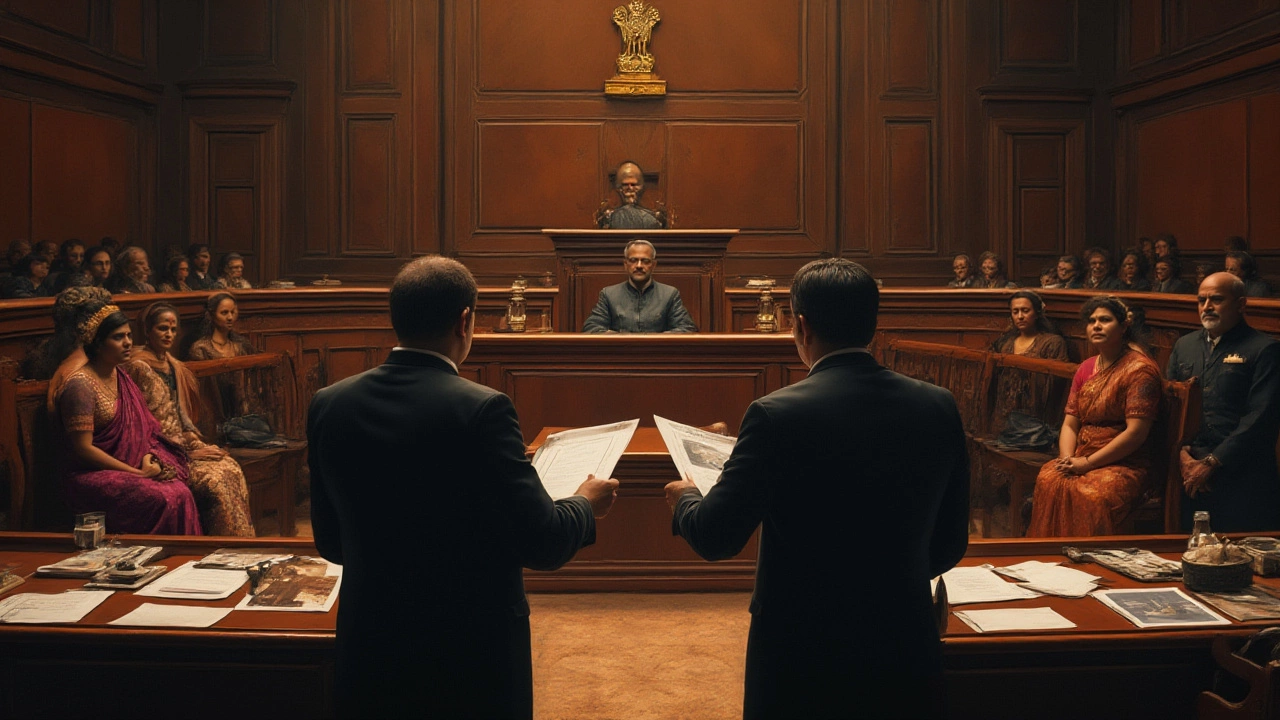Legal Proof: How to Gather and Use Evidence in Indian Courts
When you walk into a courtroom, the judge isn’t looking for opinions – they need proof. Whether you’re chasing a personal injury settlement, proving a marriage is valid, or fighting a salary cut, strong legal proof is the bridge between your story and a win.
On this page you’ll find a collection of articles that break down the nitty‑gritty of evidence. From the exact paperwork needed to show a marriage was real, to the checklists that help you prove damages in a civil claim, each post gives you step‑by‑step tips you can start using today.
Common Types of Legal Proof
Indian law recognizes several kinds of evidence. The most common are:
- Documentary evidence: contracts, registration certificates, bank statements, medical records, and salary slips. A signed marriage certificate, for example, can settle a legal dispute about whether a marriage is valid.
- Witness testimony: statements from people who saw what happened. In injury cases, a coworker’s account of the accident can be worth as much as a doctor’s report.
- Electronic evidence: emails, SMS, WhatsApp chats, and digital invoices. Courts now accept screenshots if you preserve the original format.
- Physical evidence: objects like a broken piece of equipment or a damaged vehicle. Photographs taken at the scene help preserve the condition of the item.
Each type has its own rules about authenticity and admissibility. Knowing which one fits your situation saves time and avoids costly re‑filings.
Tips for Building Strong Evidence
1. Start early. As soon as an incident occurs, collect what you can. A delay can lead to lost documents or faded memories.
2. Document everything. Write a short diary entry the day of the event, noting dates, times, and people involved. Even a quick note can become a powerful piece of proof later.
3. Get official copies. For marriage, property, or salary disputes, request certified copies from the relevant authority – the marriage registrar, employer, or land record office.
4. Preserve electronic data. Save emails as PDFs, back up chats, and keep original files on a secure drive. Courts may reject printed screenshots if they can’t verify the source.
5. Secure witness statements. Ask anyone who saw the event to write a short statement, sign it, and date it. If possible, have a lawyer or notary witness the signing.
6. Organize your proof. Use folders (digital or physical) labeled by case and type of evidence. A well‑organized file makes it easy for your lawyer to build a compelling argument.
Our articles dive deeper into each of these steps. For instance, the guide on “What Evidence Do You Need to Prove Damages?” walks you through medical records, loss of earnings calculations, and how to present them in court. The piece on “Is Indian Marriage Valid Without Registration?” explains exactly which documents can substitute for a missing certificate.
Bottom line: good legal proof isn’t magic; it’s a habit of collecting, preserving, and presenting information the right way. Use the resources on this tag page to sharpen that habit, and you’ll be in a much stronger position the next time you need to convince a judge.
How Civil Cases Are Proven: Evidence, Strategy, and Courtroom Tactics Explained
Are you wondering how people win or lose civil cases? Find out how evidence, facts, and the right moves in court can decide what happens in civil lawsuits.
